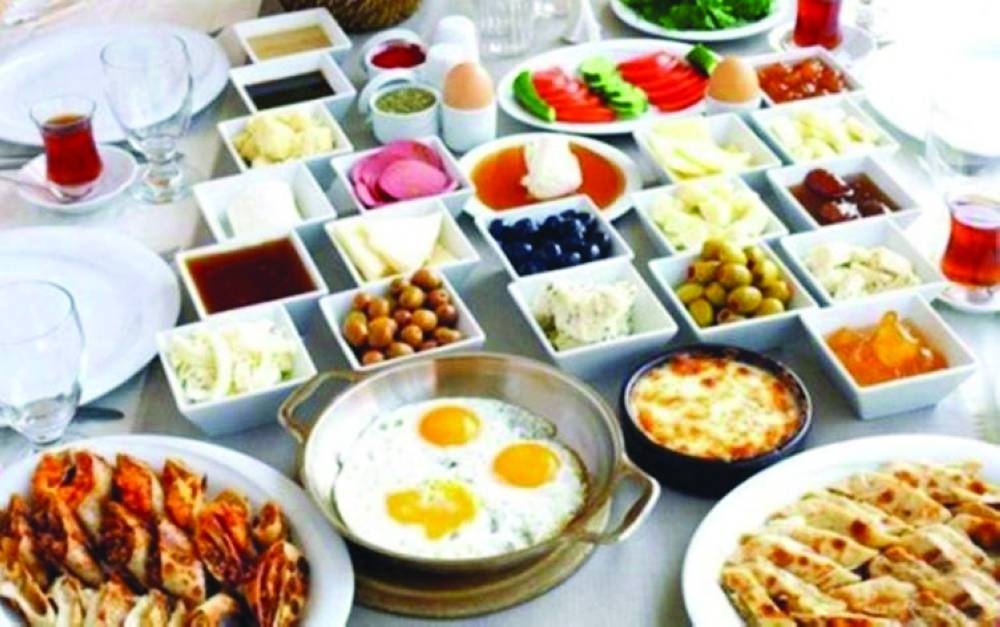The Primary Health Care Corporation (PHCC) highlighted the importance of Suhoor meal, noting that it is the most important meal of the day as it helps sustain those fasting for the entire day.
Dr Nadia Saleh al-Yafei, manager of PHCC’s Leghwairiya Health Centre, said: “Suhoor meal has many benefits, especially if it is high in complex carbohydrates, as it strengthens and energises the body of the fasting person. It also helps prevent fatigue and headache during the day, as it maintains blood sugar levels and reduce the feeling of extreme thirst during the day.”
"Dates are the best food for Suhoor. It is the Suhoor of the Prophet (peace be upon him)," added Dr al-Yafei. The Prophet (peace be upon him) said: “The best pre-fasting meal for the believer is dates.”
Al Yafei advised those fasting to drink plenty of water at Suhoor time and throughout the fast-break period and eat high-water and high-fibre fruits and vegetables as water compensate for the loss of fluids and prevent dehydration, and fibre helps prevent constipation.
She noted that people should drink water at least an hour after having Suhoor to avoid any digestive disorders.
Dairy products such as yoghurt and soured milk are recommended as it has a laxative effect and contains yeasts that stimulate beneficial bacteria in the gut to form vitamin B beneficial for the body.
Further, eating a spoon of honey in the pre-dawn meal helps to gradually raise the blood sugar level, sustain a fast, and be energetic during the day in Ramadan, added Dr al-Yafei.
Whole grain products such as brown bread and legumes such as chickpeas, beans, and yellow lentils are also recommended as they help fasting people feel fuller longer, which reduces hunger.
Dr al-Yafei advised fasting people to reduce their intake of stimulants such as tea and coffee and recommended drinking such hot drinks two hours before Suhoor. She advised not to overdrink such stimulants, as they are diuretic drinks, and lead to feeling very thirsty. Instead, she recommended drinking fresh juices. She also advised not to sleep right after having Suhoor meal.
Eating light sweets such as Mahalabia or rice pudding is recommended, as they make a fasting person feel full and provide the body with energy and sugar. What needs to be avoided at Suhoor meal, however, are fried foods; fatty foods; concentrated sweets such as Kunafa and Baklava; salty foods such as pickles, olives, and nuts; preserved foods; spicy foods and different types of spices.
Dr al-Yafei also recommended having four slices of cheese, 60 grams of meat, two boiled eggs, a small bowl of Labneh, or a cup of legumes such as beans or chickpeas as well as eating dates with eggs, milk, fruits, vegetables, milk, or yogurt at Suhoor meal.

